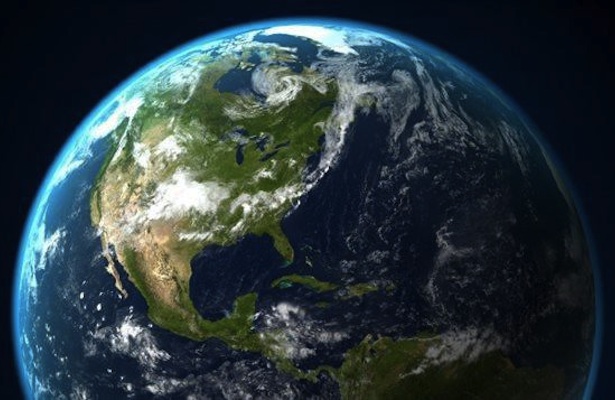Climate change action can feel so overwhelming, especially when we hear news of natural disasters, politicians who don’t believe in global warming, and companies who keep putting their money into dirty energy.
So you might conclude that your voice doesn’t really matter at all in the grand scheme of global climate action.
Let me convince you otherwise.
I recently met with legendary feminist Eva Cox and discussed why the global environmental movement is facing so many challenges. For her, the key issues were these:
We’re too negative. Many environmental activists and organizations focus too strongly on the threats and issues associated with climate change, such as natural disasters and spiraling pollution. This negative information has the effect of scaring people off: they’d rather ignore the issue than address it because it just seems all too hard. Instead, activists need to show the community that climate action has positive effects that help everyone. This uplifting message is much more likely to make people want to do something, rather than just stick their head in the sand.
We’re not connecting the dots. It’s easy to pretend that climate change exists in isolation, but in reality it is connected to politics, society, employment, poverty and health. By observing how unseasonable droughts are contributing to the refugee crisis, for example, we can start to see how fighting climate change is in our common interest. By righting this wrong, we will see a dramatic change on a whole range of issues, from domestic violence against women tending crops in Africa to rates of asthma among children in New York.
We’re all action and no substance. It’s easy to share a hashtag, sign a petition or join a protest march, but we also need to educate ourselves about the issues we’re discussing, as well as coming up with viable alternatives to what we already have.
For example, if you think that a company is doing the wrong thing by using fossil fuels to produce products, then don’t just protest outside the factory: put together evidence showing how transitioning to renewables would be ultimately beneficial for the company, be it environmentally, socially or economically.
We’ve yet to inspire the world to work together as a united force.
This is often because it can seem unfair that some groups seem to be using so many resources, but facing so few of the consequences. Why should I act responsibly when my neighbor is driving a 4-wheel-drive and keeping his lights on all day and night?
The issue here is that we, as citizens privileged enough to have access to education and resources (I’m making this assumption by the very fact you are reading this on some sort of electronic device) have a duty to our fellow humans that are not able to enjoy the same lifestyle that we do.
In a cruel irony, those with the least in terms of possessions and opportunities tend to be the most vulnerable to the risks of a warming world, be it rising sea levels threatening their homes, or diseases spreading more rapidly than ever before. As Pope Francis stated, “The gravest effects of all attacks on the environment are suffered by the poorest.”
While a woman in Chad has a carbon footprint of just 0.1 tonnes, the average USA citizen’s footprint is around 20 tonnes. Peter MacBride, author of Live Ethically, highlights how “the poor take less from the world”. Why, then, would these poorer communities already treading lightly on the earth want to cooperate with greedy resource consumers such as the US, Australia and Europe?
The answer is this: the only way for real change to occur is through joint effort. No nation on Earth can clean up the mess of the planet alone: it will take all of our united strength to overcome catastrophic climate change.
Furthermore, just as you might look at your neighbor with the 4-wheel-drive, so too are your neighbors all around the world looking at you and the resources that you consume. Can you justify your purchase of a second car to that woman in Chad?
I ask you now: what will your climate legacy be?
What actions will you take today to start working towards a better future for the generations that will come after you? How will you inspire those around you to work together for a common good?
By demonstrating sustainability in your own life, for example divesting from fossil fuels, you can start to influence those around you. Maybe by taking a stand on recycling you can get your whole family changing their actions. Perhaps by holding a clothes swap in your neighborhood you can start getting others in the area rethinking their patterns on consumption.
It’s true that the path ahead is long and challenging, but we need you to join us every step of the way forward.
Source: Steph Newman, 1MillionWomen.com.au
